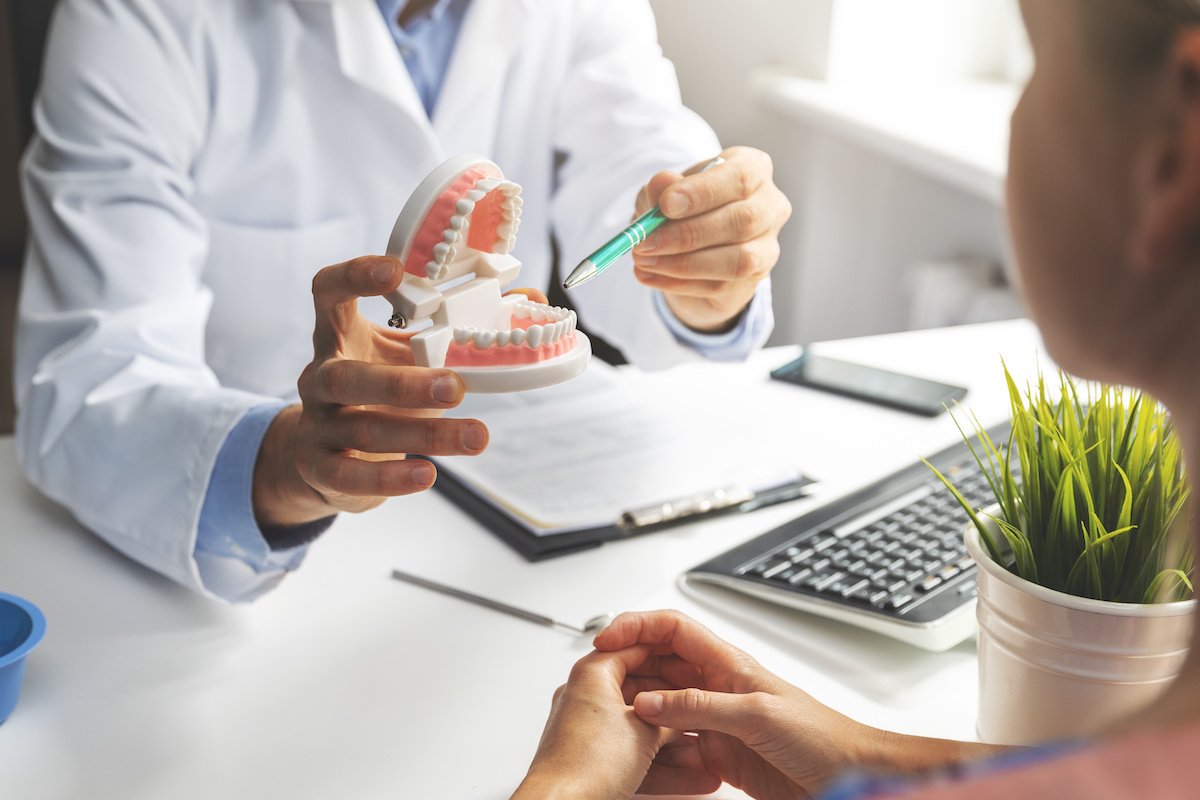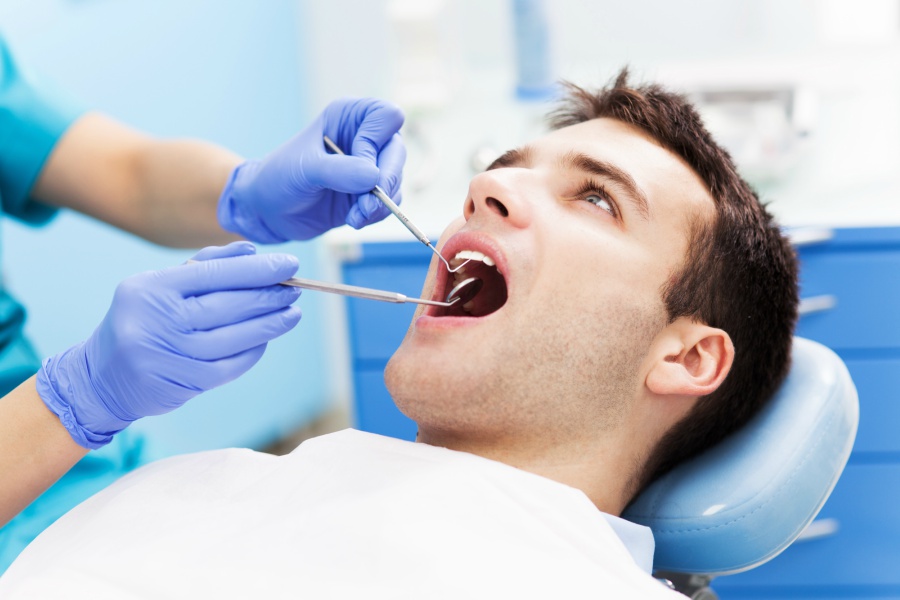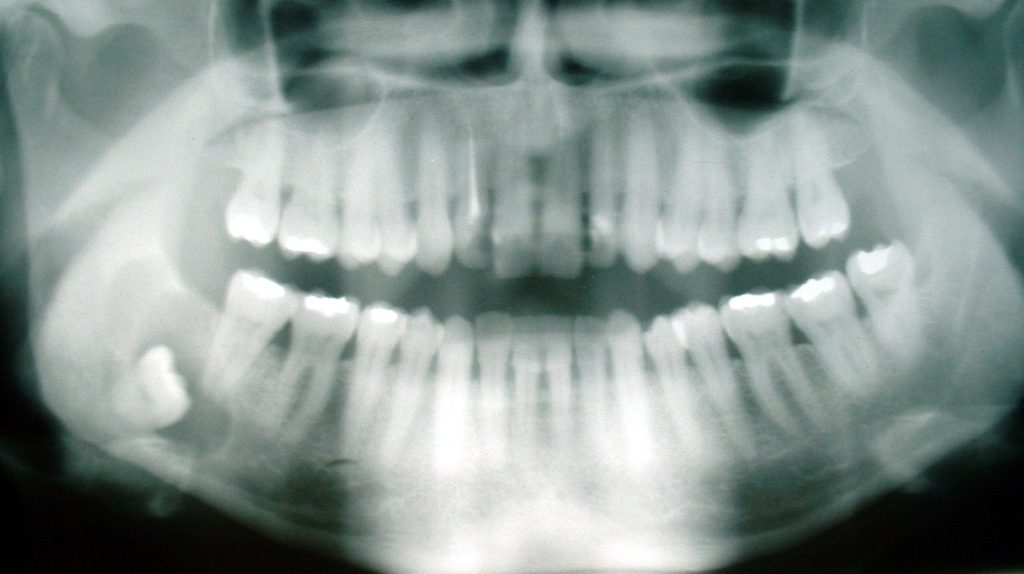Wisdom Teeth
What Are Wisdom Teeth?
The third molars are commonly referred to as wisdom teeth because they develop and erupt around the beginning of adulthood. Since these troublesome molars come in well after your adult teeth, they often mean trouble for existing teeth. Nearly 9 in 10 people will need to have at least one wisdom tooth removed in their lifetime. But if that time comes for you, we have your back.
Why do Wisdom Teeth need to be removed?
Often, there is not enough room in the jaw for all four wisdom teeth. These extra molars are also prone to growing in on an angle or becoming impacted. If they’re causing you pain and discomfort, it’s important to have them removed before they cause more serious pain or an infection.
Left untreated, the extra teeth can overcrowd the jaw, causing your existing teeth to shift, or even crack – not to mention the general discomfort you’ll feel while they erupt. If wisdom teeth grow in as normal, they may still need to be removed as their position all the way in the back of the mouth makes them difficult to clean and prone to infection. Our dentist will ultimately be able to determine whether you need to have your wisdom teeth removed once you come in for an appointment.


Do Wisdom Tooth Extractions Hurt?
No. The process of wisdom tooth extraction is completely pain-free because we use powerful topical numbing agents and offer sedation at SouthEnd Dentistry. You can even sleep through the entire procedure, if you want! However, you may experience minor discomfort after the effects of numbing and sedation wear off. This usually peaks within 1-3 days post-extraction, and then will begin to fade.
If our dentist gives you a prescription painkiller, you can fill this prescription to manage the pain. Otherwise, you can use over-the-counter medicine like ibuprofen or acetaminophen to help with your pain during the recovery process.
Post-Extraction Healing And Recovery Timeline
For the first 24 hours after your extraction, you will likely feel quite a bit of pain and discomfort as your mouth begins to heal. Bleeding, bruising and inflammation should all be expected.
Our dentist will provide you with a comprehensive set of instructions to use during the recovery process. You will need to eat soft and liquid foods, avoid brushing the extraction site, and avoid rinsing or spitting vigorously for about 24 hours to avoid dislodging your blood clot.
In addition, it’s important to take things easy for the next 72 hours after your appointment. Avoid heavy manual labor and exercise, and do your best to rest and relax. After 3 days, your swelling should begin to improve. After about 7 days, your stitches will need to be removed, or they will dissolve on their own if self-dissolving stitches are used. You should no longer be bleeding, and you should feel less pain and tenderness in the area.
Usually, it will take between 1-2 weeks to completely recover. By the end of 2 weeks, bone and gum tissue will have regrown over the extraction site, and any remaining bruising or stiffness should be completely gone. If you are still experiencing serious pain after 1-2 weeks post-extraction, contact us immediately to determine the source of this issue.


How Much Do Wisdom Tooth Extractions Cost?
This depends on a number of different factors. If your wisdom teeth have fully erupted, they can be removed with a basic extraction that takes only a few minutes. However, if they are not fully erupted and are “impacted,” we will need to perform surgical extractions on your teeth, which are more complex and take a longer time.
A few other factors that affect the cost of wisdom tooth extraction are the number of teeth that you are having extracted, your overall oral health, and your chosen method of sedation.
To get an accurate estimate for the cost of your wisdom tooth extraction in South End, Dilworth, Myers Park or Uptown, we recommend contacting SouthEnd Dentistry for a consultation with our dentist. He can assess your mouth, and provide you with a quote for wisdom teeth extraction.

A Word to the Wise
Not everyone has wisdom teeth. About 35% of the world population will never develop them.
A Word to the Wise
Not everyone has wisdom teeth. About 35% of the world population will never develop them.
It Starts With a Plan





